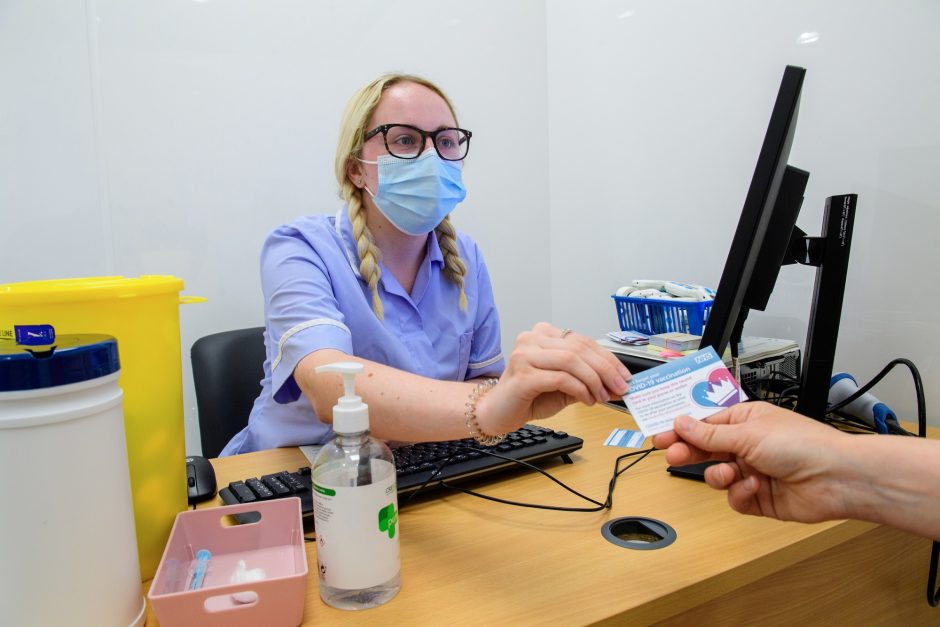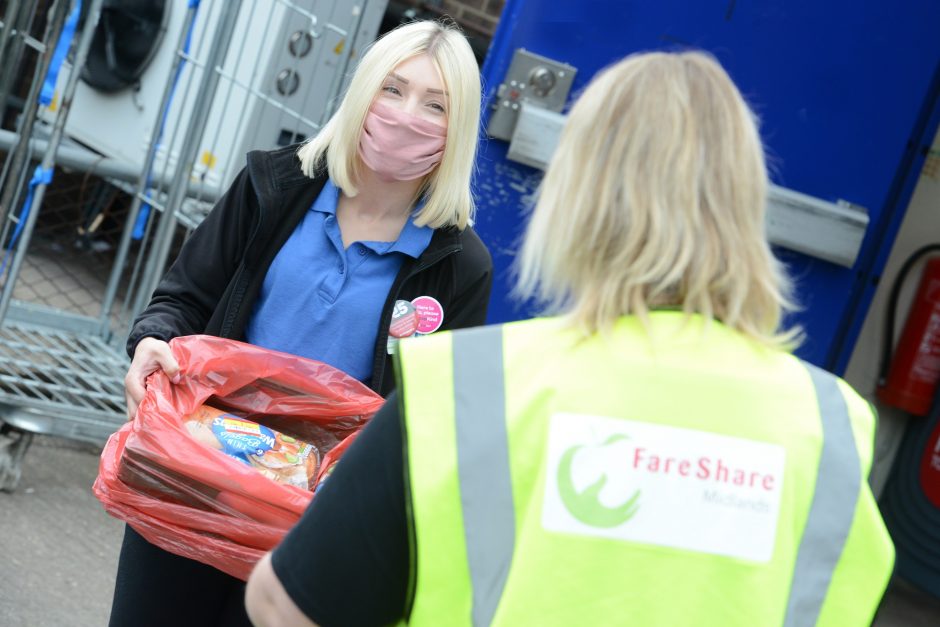Lincolnshire Co-op has reported a trading surplus of £18.2m for the year to 4 September, up from £15.5m the previous year, and said its varied mix of businesses had helped it stay resilient during the Covid-19 pandemic.
Overall sales rose 5.8% to £355m, with food sales continuing to grow, going up by 4.8%. Food stores feature the Love Local range, sourced from 45 producers from the area, and sales were worth £3.3m.
The society’s pharmacies dispensed 5.7 million prescriptions and provided a host of other NHS services, including issuing lateral flow test kits.
Two Covid-19 vaccination centres were set up in Newland Pharmacy in Lincoln and Parkside Pharmacy in Boston. During the year, 11,361 vaccines were administered by the team. Pharmacists also worked at mobile vaccination clinics and the Lincolnshire Showground vaccination centre.

The society’s travel branches bore the brunt of the pandemic’s effect on the business but the society says that after a busy period of cancellations and rearrangements, customer numbers are increasing.
Funerals were also impacted by operating restrictions during the pandemic but the society says its teams managed these “sensitively” to support families through bereavement.
The report says Lincolnshire has been working with local contractors and suppliers on capital projects to keep its spend in the area and boost the economy. The year’s project’s include new food stores in Keelby, near Grimsby and Whittlesey, in Cambridgeshire, as well as property developments such as the Lincoln Science and Innovation Park and the city’s Cornhill Quarter. £10m was spent with local businesses on capital projects this year, it adds.
To reward its teams for their work during the Covid-19 crisis, in April each of Lincolnshire’s 2,870 colleagues was given a Colleague of the Year award and £50 to treat themselves; teams had also been given more than a week and a half’s extra wages in bonuses.
Employability programmes were offered to young people through the Kickstart scheme and the Get Into Retail initiative, delivered in partnership with charity The Prince’s Trust. The two projects led to 41 people finding work with the society.
Members share a divi of £1.9m, and at this year’s AGMs will be asked to approve a bonus of 85p per £1 collected during the year, a further £1.6m.
This year, the society appointed its first chair, David Cowell. It is also currently running a board election, which includes online voting for the first time.
The society’s Community Champions fundraising scheme raised £648,684 for 586 local charities and community groups, including for defibrillators and first responder charities. Through the scheme, a record-breaking total of £221,275 was raised for more than 190 school breakfast clubs, which guarantees funding for all participating clubs for the next three years.

Lincolnshire’s first food redistribution hub, a pioneering project which will divert surplus food to organisations fighting food poverty, was set up in Lincoln by charity FareShare East Midlands this year, supported by Lincolnshire Co-op, the Lincolnshire Community Foundation and the Lincolnshire Food Partnership. It collects unsold products are collected from suppliers and retailers, including 21 Lincolnshire Co-op food stores.
Lincolnshire’s CEO Ursula Lidbetter said: “The pandemic has continued to influence every part of our business over the past year. But by working together – that’s our colleagues, members, community groups and charities, suppliers, and our partners in the private and public sector – we’ve been able to respond.
“From helping to deliver the national NHS Covid-19 vaccination programme to providing employment opportunities and supporting groups tackling food poverty, I’m proud of what we’ve achieved.
“To enable us to play our part in making life better in our communities, it’s important we are a successful business. We’ve had a positive trading year, with our array of different businesses meaning we have been able to mitigate some of the pandemic’s impact.
“My colleagues have also continued their outstanding efforts to provide our valued services to local communities and I thank them all.”